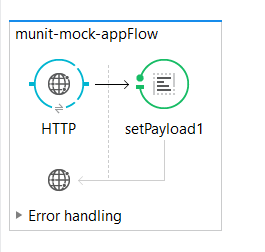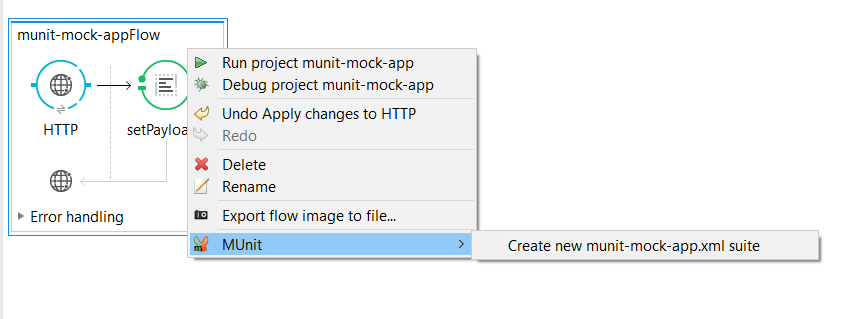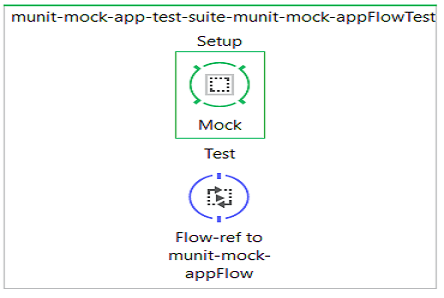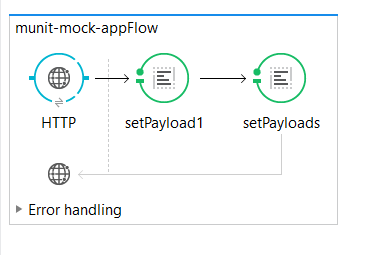MUnit Testing With Mulesoft: Part II (Mock Message Processor)
The Mock component is useful in various scenarios of Mule application testing. In this part of the series, we will see how to use the Mock component in an MUnit test.
Join the DZone community and get the full member experience.
Join For FreeThis tutorial continues from Part 1.
Mock is a feature provided by MUnit to mock the behavior of the message processor. Basically, MUnit replaces the actual behavior of message processor with the behavior defined by us.
There are various scenarios where we can use the Mock Message processor. We have completed the development of your Mule application and need to test it, but in our application, there is a database connector in the message processor region and the database is not ready to accept any request; but, we still want to test the application. In such cases, we can mock the normal database connector behavior.
There can be more scenarios, like we are connecting to JMS queue but JMS is not ready, and we want to test the application. In such cases, we can again make use of mock message processor.
Let's walk through how to use the Mock component in MUnit test. Below is the flow for which we will create MUnit tests and will mock set-payload component.
 Right click the flow and create the MUnit tests. It will create MUnit tests in the folder src/test/munit of your Mule application.
Right click the flow and create the MUnit tests. It will create MUnit tests in the folder src/test/munit of your Mule application.
Define the Message Processor to Mock
Drag and drop the Mock component in the setup region of MUnit test.

<mock:when messageProcessor="mule:set-payload" doc:name="Mock">
<mock:then-return payload="#['Sample Message']"/>
</mock:when> messageProcessor is used to specify the message processor to be mocked. In this case, we have mock set-payload component.
Define the Mock with Attributes
When we have more than one similar component (i.e. 2 set-payload) in our Mule flow but we want to mock only one set payload. In that case, we need to add attributes in the Mock component which accept name and value of message processor.
Below is the Mule flow having 2 set-payload and we need to mock only one component.

We can define attributes as shown below to mock one set-payload.

<mock:when messageProcessor="mule:set-payload" doc:name="Mock">
<mock:with-attributes>
<mock:with-attribute name="doc:name" whereValue="setPayload1"/>
</mock:with-attributes>
<mock:then-return payload="#['Sample Message']"/>
</mock:when>nameis the name of attribute and it cannot be MEL expressions.whereValueis the value that the attribute of the real message processor should contain. It accepts MEL expressions.
Below is the video tutorial:
Now, you know how to mock the message processor with MUnit.
Opinions expressed by DZone contributors are their own.

Comments